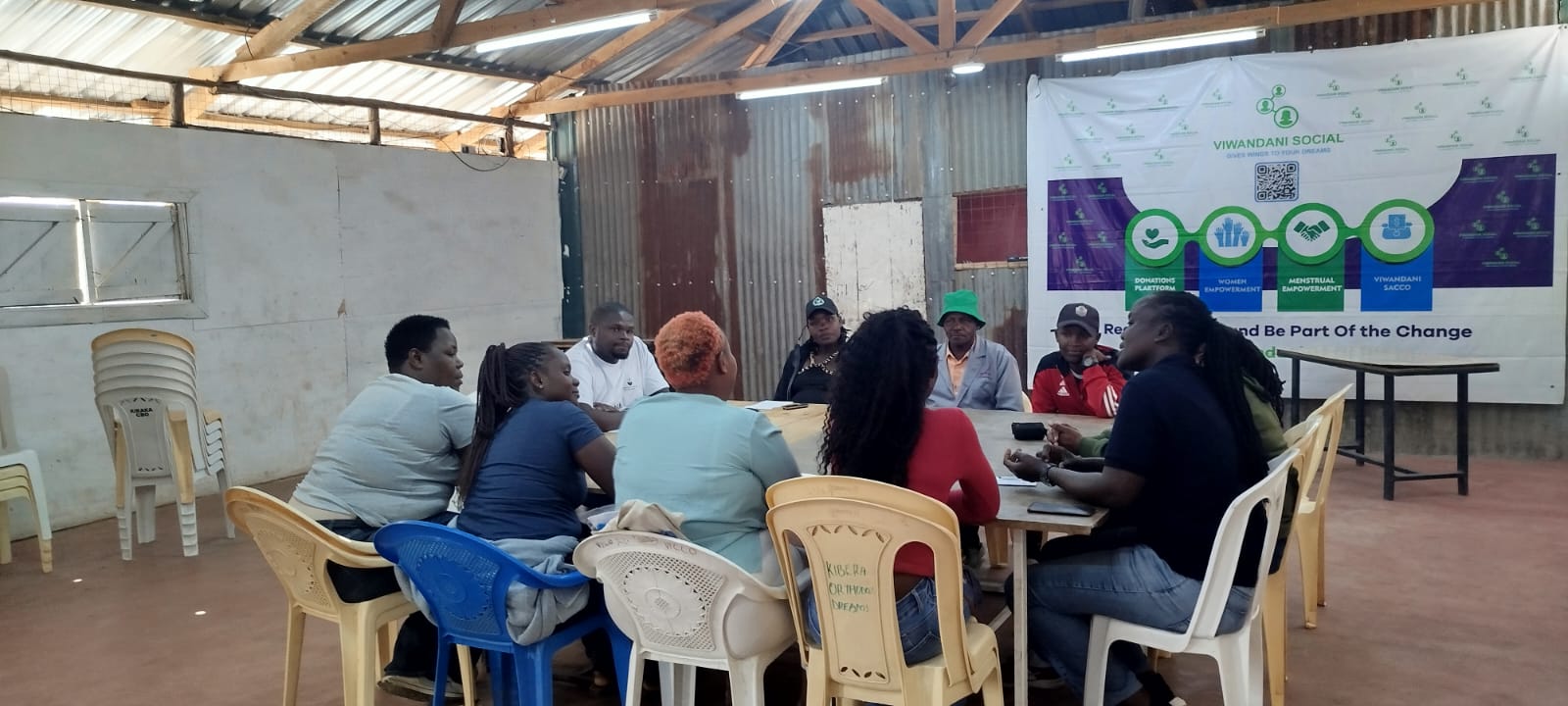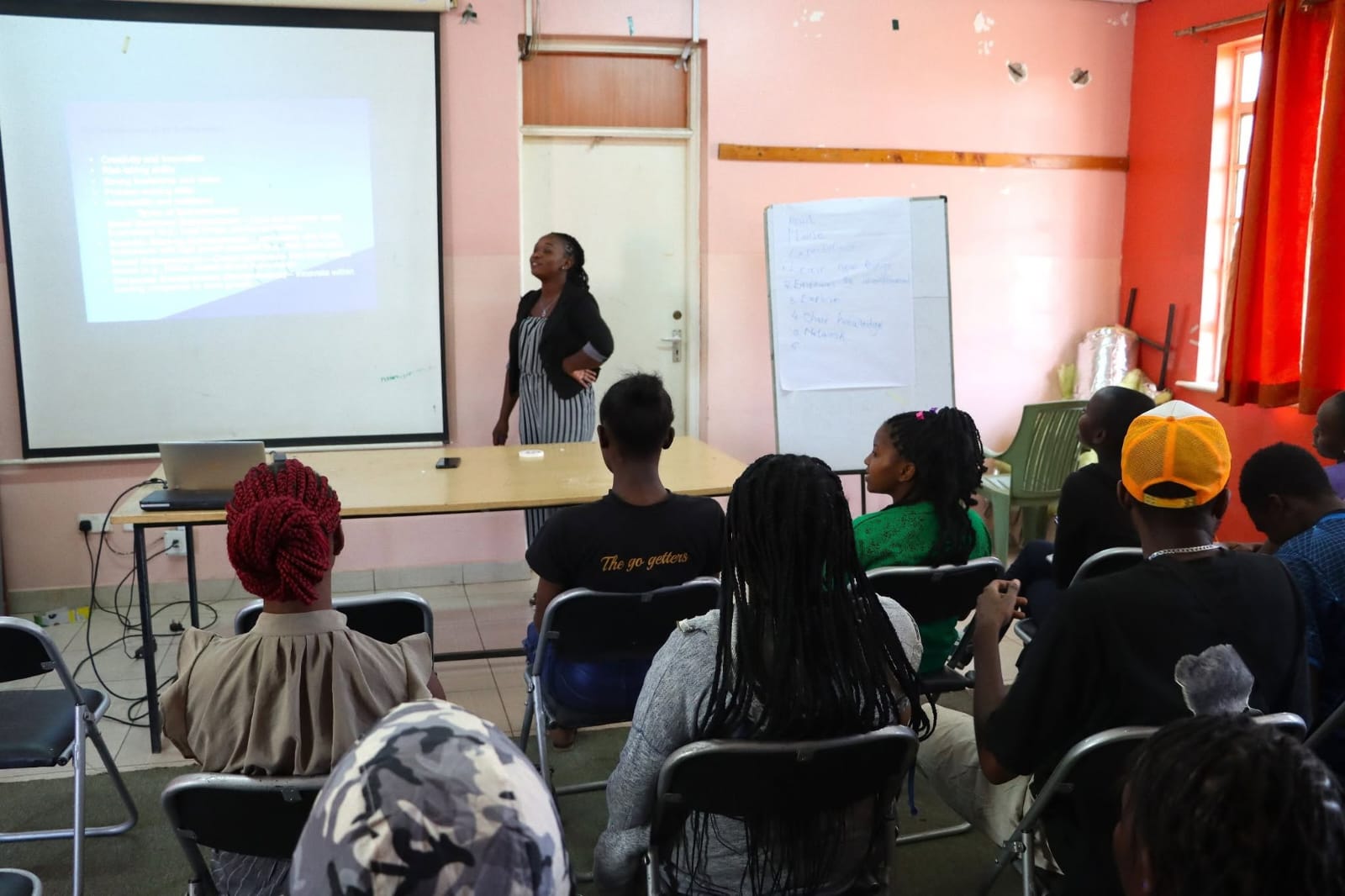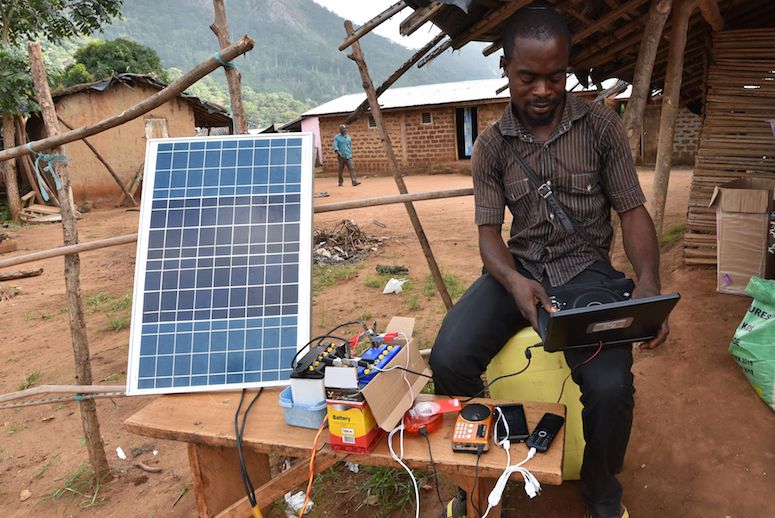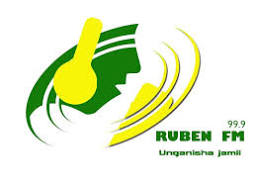FALSE: Photo does not show the drought situation in Embolioi, Kajiado County, in October 2022
FAKE: This press release on Londiani accident victims’ compensation is not from UDA party
The ruling party has disowned the document.

This Facebook post with a press release supposedly from the United Democratic Alliance (UDA) party on the compensation of Londiani truck accident victims is FAKE.
On 30 June 2023, a truck rammed into several vehicles at the Londiani junction in Kericho County, killing 52 people. A funds drive presided over by Deputy President Rigathi Gachagua raised KSh13.6 million to support the affected families.
However, there have been claims that the money was misappropriated.
The 1 August 2023 press release, purportedly signed by UDA’s secretary general Cleophas Malalah, claimed the ruling party had sought answers on the embezzlement allegations.
The statement singled out Kericho Governor Eric Mutai, urging him to clear the air on the claims.
“As a party, we are alarmed by the news of the alleged theft of the fundraised money meant for victims of the Londiani accident…We call upon Dr. Erick Mutai, Kericho governor to immediately clear the air over these allegations that seriously undermine the rule of law in Kenya,” the statement reads in part.
But is the press release authentic?
While the document has a UDA letterhead, it is not published either on the party’s website, verified Twitter account or Facebook page, where the political outfit usually shares such communication.
On 1 August 2023, UDA released a statement on Twitter and Facebook disowning the press release.
The document was also dismissed by Malalah.
PesaCheck examined a Facebook post with a press release supposedly from the United Democratic Alliance (UDA) party on the compensation of Londiani truck crash victims and found it to be FAKE.
This post is part of an ongoing series of PesaCheck fact-checks examining content marked as potential misinformation on Facebook and other social media platforms.
By partnering with Facebook and similar social media platforms, third-party fact-checking organisations like PesaCheck are helping to sort fact from fiction. We do this by giving the public deeper insight and context to posts they see in their social media feeds.
Have you spotted what you think is fake or false information on Facebook? Here’s how you can report. And, here’s more information on PesaCheck’s methodology for fact-checking questionable content.
This fact-check was written by PesaCheck fact-checker Rodgers Omondi and edited by PesaCheck senior copy editor Cédrick Irakoze and acting chief copy editor Francis Mwaniki.
The article was approved for publication by PesaCheck managing editorDoreen Wainainah.
PesaCheck is East Africa’s first public finance fact-checking initiative. It was co-founded by Catherine Gicheru and Justin Arenstein, and is being incubated by the continent’s largest civic technology and data journalism accelerator: Code for Africa. It seeks to help the public separate fact from fiction in public pronouncements about the numbers that shape our world, with a special emphasis on pronouncements about public finances that shape government’s delivery of Sustainable Development Goals (SDG) public services, such as healthcare, rural development and access to water / sanitation. PesaCheck also tests the accuracy of media reportage. To find out more about the project, visitpesacheck.org.
PesaCheck is an initiative of Code for Africa, through its innovateAFRICA fund, with support from Deutsche Welle Akademie, in partnership with a coalition of local African media and other civic watchdog organisations.







